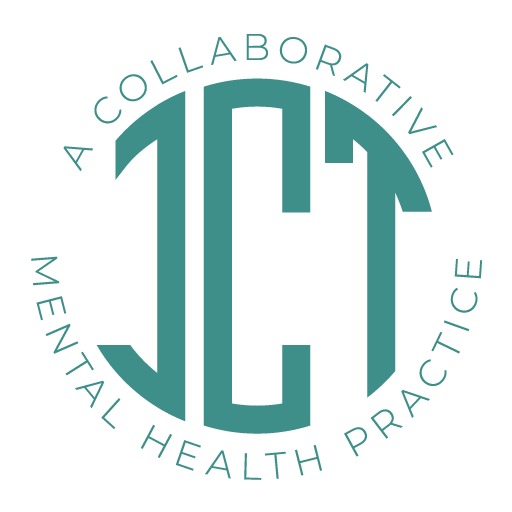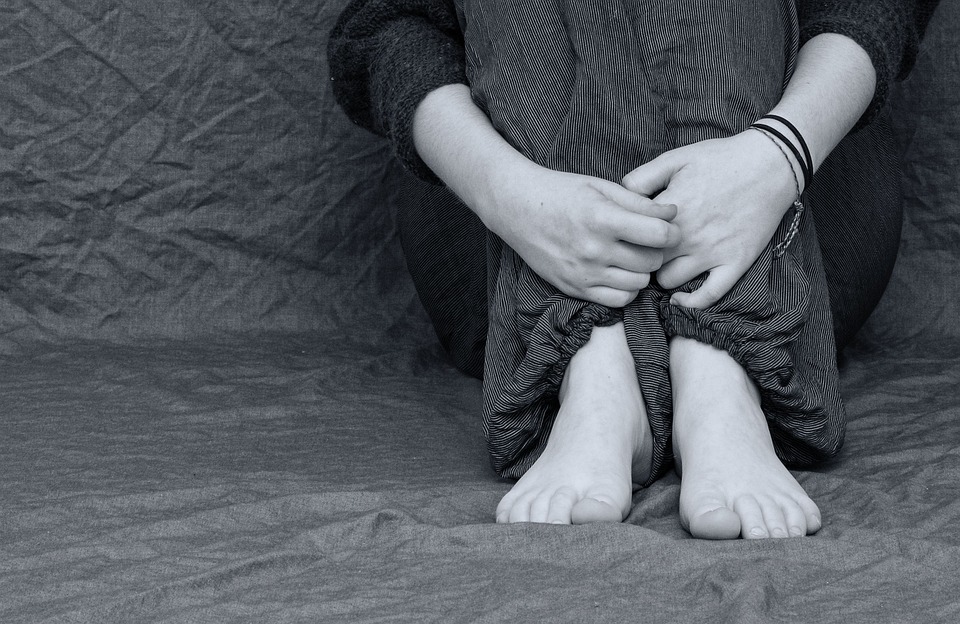The teenage years are tumultuous at best; it is an in between period, no longer a child and not yet an adult. I talk a lot about this with the teens and families I work with. It is important I think to introduce this idea for teens and their positive adult support; the teenage years are a sensitive and developmentally important time. There is extensive brain development and growth that occurs during the teen years, second only to that of the first year of a child’s life as well as hormonal, intellectual, physical and social changes. No wonder there are strong emotions to contend with!
Helping teens with a glimpse of what is happening to them especially physically and hormonally – something they have no control over – is important to both recognize and prepare for.

Strong emotions can creep up spontaneously or can be triggered by different things. Things like genetics or a bad grade, relationship woes or a reaction to the increased pressure towards additional responsibilities (school, work) or even lack of sleep. And sometimes all of these things at once!
In mental health we will often refer to emotional regulation or, when one is not managing their strong emotions – emotional dysregulation. Some things that can look like emotional dysregulation are anger outbursts, substance use, depression, anxiety, self-harm or suicidal ideation. Generally emotional dysregulation can be understood as maladaptive behaviour. Emotional dysregulation can adversely affect relationships, school focus and/or attendance and work including persistent emotional dysregulation can lead to serious mental illness.
Understanding some of what occurs for teens developmentally is an important first step. I do not believe in the “they just need to grow up”; that is what teens are trying to do and in order to get them there they require support.
Ideally as a parent or adult in the life of a teen you are not waiting until emotional dysregulation is at an all-time high. Generally there have been instances leading up to emotional dysregulation, sometimes for years by the time your child is a teen.
In some cases it may be difficult to know what is going on for your teen because you are feeling some distance or a lack of connection. Maybe they do not live with you on a regular basis and so it is challenging to know what their normal, everyday behaviour is and what is maladaptive.
Parenting a teen involves staying in close and regular contact with your child; to be able to notice when his or her behaviour shifts into something that is off in terms of their normal behaviour. Helping teen’s move towards acceptance of where they are at emotionally for example, learning how to ride the wave of the emotion, this will certainly be easier if you have a healthy relationship with your teen.
The research and theories of Canadian Developmental Psychologist Dr. Gordon Neufeld is useful in understanding the importance of close proximity to your teen as well as using this healthy relationship as a tool towards acceptance of big emotions. As the parent or guardian of a teen you essentially become their landing pad, their soft place to fall. Teens need to have this stability in order to catch them when they fall and we know, they will fall at some point. The teenage years are those years where individuals are finding out who they are and where they fit in in the world. Seeking out, exploring and making mistakes is absolutely inevitable during this phase of life. And to some degree should be encouraged so as to help raise resilient kids!
Without this landing pad or soft place to fall teens will be vulnerable to the strong emotions they feel and as a result they will naturally seek out ways to supress or minimize the intensity. This behaviour is not limited to teens; adults will do this as well. And most important seeking out a way to relieve emotions is mostly an automatic process, one where the human physiology takes over and leads one to seek out ways to cope. To speak extensively about this natural human process, this is over and above the topic of today’s blog; however, what is at play is the autonomic nervous system or the fight, flight or freeze response. Emotions can be viewed by the nervous system as a threat and will therefore act to protect the individual.
All the teen knows is the activity they may seek out feels better. They could try multiple things until something clicks. It is feeling better that motivates more of whatever this is for them – substances, risk taking, self-harm. But we can intervene before the teen behaves in this way.
As their landing pad, their soft place to fall Neufeld speaks to the importance of having mixed feelings and an eventual outlet that involves tears as a first line of defence to managing strong emotions. If there is a lack of relationship with your teen then you can see how this opportunity is missed. Having mixed feelings, the desire to do or to want _______, but the inability to make or have this happen and then allowing the associated mixed emotions to integrate, to process naturally. This is where strong emotions reside.
The release of tears as a first line of defence to managing strong emotions creates an emotional safe place. It is in this place where strength and resilience, emotion regulation sits and is strengthened. Tears lead the body towards rest and adaptation and away from the fight, flight or freeze response earlier mentioned. Tears are the body’s natural way of processing strong emotions and allows the teen to feel their way through the intense emotions and therefore avoid seek out unhealthy, maladaptive behaviours to temporarily soothe them. Tears recalibrate the individual and helps with resolving the intense emotions and release tension or worry. That same physiological response that leads an individual towards something that will feel better is renegotiated through a natural process that involves tears. This phase, this process of learning to regulate emotions is best done through the support of healthy adult role models. This eliminates or at least minimizes the vulnerability for the teen to navigate overwhelming and intense emotions and moves them towards building resilience. We know that resilience is a strong skill to have in the adult world and what better way to support your teen than to help build a strong foundation of resilience and acceptance of strong emotions.

